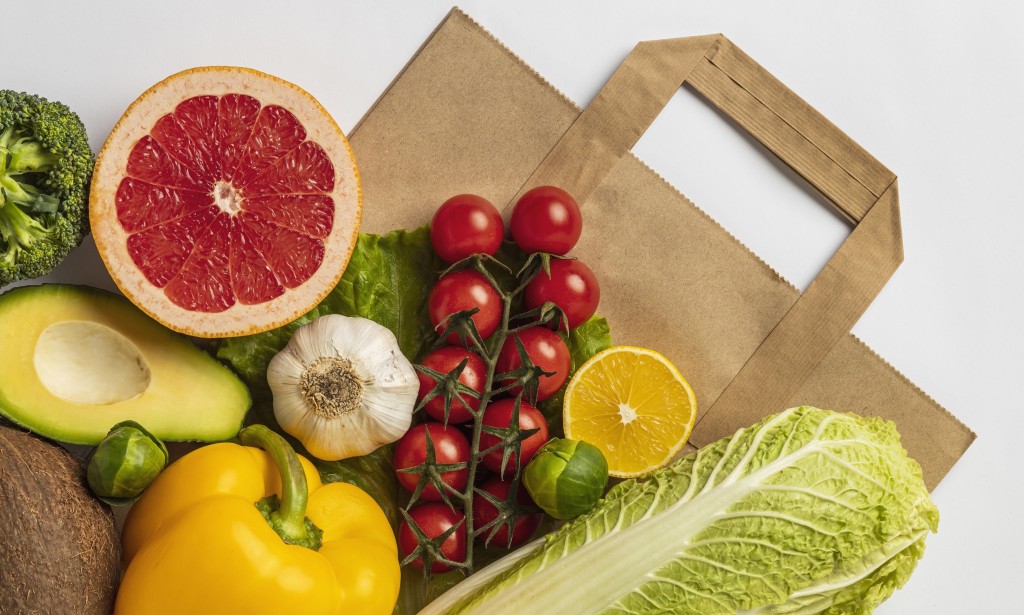Think for a minute. Your brain is working in an endless loop. It takes care of everything , from tasks as simple as just blinking to your intellect, movements and everything in between. It doesn't even shut down when you're asleep. So, unarguably, your brain requires a continuous supply of fuel. This fuel comes from the food we take and the quality of the fuel is what makes a big difference. Simply, whatever you eat directly affects the brain's function and ultimately your mood.
Just like an expensive vehicle, your brain functions the best when it gets fed only high quality fuel. Eating a healthy nutritious meal rich in antioxidants, vitamins and minerals provides the brain with the energy that it needs to work efficiently and protects it from oxidative stress. Contrary, the substances you get from low quality fuel such as refined or processed food can prove damaging to the brain. In addition to disrupting the insulin mechanism in your body it promotes oxidative damage and inflammation.
After many years multiple studies have finally derived a link between food and mood. For instance it has been found that refined sugars in high amounts are linked to impaired brain activity and severe mood disorders.
How food affects the way you feel
Serotonin is a vital neurotransmitter that is linked to several functions including sleep and appetite patterns, mood regulation and pain suppression. Since most of the serotonin is produced in your gut, it works with the neurons lined up on the walls and subsequently guide your emotions. The good bacteria of your microbiome have all the responsibilities regarding serotonin production and digestion.
Among other essential functions, these bacteria have a protective role and provide a strong barrier against toxins and other bad bacteria. They determine how well your nutrients are absorbed, restrict inflammation and actively regulate neural pathways to the brain.
After the comparison of traditional diets such as mediterranean diet to typical western diets, it was shown that the risk of depression is 25 to 35% lower in those who stick to traditional diets. Scientists credit this difference to high portions of fresh fruits, vegetables, whole grains, seafood and a modest amount of lean meat and dairy. Such traditional diets are also void of extensive food processing and sugars which are the main staple of western dietary patterns. Moreover most of the foods ferment during digestion and act as a natural probiotic.
This may be questionable to you, but the old concepts convince us that good bacteria only aid the gut to digest and absorb food but recent researches confirm that they also determine the degree of inflammation as well as you mood and energy level.
Nutritional psychiatry: What does it mean for you?
Make an effort on cutting in on your diet, getting rid of all the processed foods and sugars and pay attention to how it affects your body and makes you feel. Try eating clean for a few weeks and notice the way your body reacts to it.
Most people find it hard to believe the positive changes that they go through after eating healthy and the negative effects their body undergoes after reintroducing the same inflammation promoting foods.


You must be logged in to post a comment.